Originating from the nation's strategic vision
The 13th National Party Congress is the most important political event of the Party and our nation in 2021.
Over the past decade, Vietnam has entered a new stage of development with the requirement to make breakthroughs in productivity, quality and competitiveness. The 13th National Party Congress Document (2021) identifies science, technology and innovation as the top national policy and the main driving force for rapid and sustainable development. This is not only a macro orientation, but also a political and economic imperative for all sectors, including maritime, a key sector ensuring the national trade lifeline.
A series of major policies have laid the foundation for the national innovation movement. In 2016, the Prime Minister approved Project 844 on supporting the innovation startup ecosystem until 2025, paving the way for the formation of a network of thousands of technology startups. In 2019, the Government decided to establish the National Innovation Center (NIC), a focal agency focusing on supporting businesses and connecting the domestic innovation ecosystem with the world .
In particular, the National Digital Transformation Program issued under Decision 749/QD-TTg in 2020 has marked a historic turning point. The goal is clear: by 2025, the digital economy will account for 20% of GDP; Vietnam will be among the top 35 countries in innovation. This program is considered a "guiding hand" for economic and social sectors to enter the digital age.
In May 2022, the Prime Minister issued the Strategy for Science, Technology and Innovation Development to 2030 (Decision 569/QD-TTg). This document emphasizes the task of strongly developing innovation capacity in enterprises, considering enterprises as the center, institutes and schools as scientific foundations, and the State as the creator. By the end of 2024, the Politburo continued to issue Resolution 57-NQ/TW, identifying the development of science and technology, innovation and national digital transformation as the leading breakthrough. For the first time, a Central Steering Committee directly headed by the General Secretary was established to unify leadership in this field.
The consistency in the Party and State's policies has created a favorable policy environment, helping Vietnam continuously rise in the Global Innovation Index (GII). In 2024, Vietnam ranked 44th out of 133 countries, with many component indices among the world's leading groups. Innovation is no longer a slogan, but has become a new development standard.
Maritime industry in the global innovation stream
The maritime industry, considered the “backbone” of international trade, is also under unprecedented pressure to innovate. The fourth industrial revolution and the need to green the global supply chain are forcing shipping companies to restructure.
Around the world, many major ports have transformed into smart ports with e-Port, AutoGate, and digital twin. Singapore, Rotterdam, and Hamburg have taken the lead in applying artificial intelligence and big data to manage ships, optimize cargo flows, and minimize waiting times. Shipping corporations are deploying autonomous ships and ships using clean fuels such as LNG, methanol, and ammonia to meet the International Maritime Organization (IMO)'s emission reduction roadmap.
In Vietnam, initial progress has been recorded. Hai Phong Port pioneered the deployment of the Smart Gate system, helping to shorten the time for container clearance from 2.3 minutes to just 22 seconds. Da Nang Port became one of the modern online ports thanks to the application of e-Port and AutoGate. This is not only a technical improvement, but also a change in management thinking: using technology as a foundation to improve competitiveness.
This development shows an inevitable trend: without innovation, maritime businesses will be left behind in increasingly fierce global competition.
VIMC and concrete actions for innovation
In that context, Vietnam National Shipping Lines (VIMC) – a pillar enterprise of the industry – has proactively made innovation a strategic focus.
Firstly, VIMC is implementing comprehensive digital transformation. A digital ecosystem is being built, connecting the seaport - maritime transport - logistics links on a common platform. Many business processes have been digitized: from e-Port, AutoGate at the port, to fleet management software applications, optimizing routes to save fuel. Online connection with customs, customers and shipping lines not only simplifies procedures, but also enhances the experience and trust of partners.
Second, VIMC promotes the innovation movement (Kaizen). In the period 2020-2025, the entire system recorded 2,500 initiatives, generating a profit of over 150 billion VND. Typical initiatives include Smart Gate at Hai Phong port, improved container loading and unloading at Da Nang port, or changing the foundation structure in the Lach Huyen port project to save 82.7 billion VND. These figures prove that innovation has permeated every department, from the project management block to the team of workers and engineers.
Third, VIMC focuses on renewing strategic assets. Vietnam Ocean Shipping Joint Stock Company (VOSCO) has received many new Supramax vessels, including the Vosco Jubilant - the largest and youngest vessel in the fleet today. This is a step to rejuvenate the fleet, improve transport capacity and reduce emissions, in line with global trends.
Finally, VIMC builds a culture of innovation. Programs such as the Youth Innovation Festival and the VIMC 2025 Initiative Competition have created a forum for all officers, employees, and crew members to contribute ideas. The spirit of “creating to lead, creating to reach far” has become a common value, connecting 10,000 people in the VIMC ecosystem.
Innovation in Vietnam is not an isolated phenomenon, but the result of a consistent strategic vision from the Party and the State. In that flow, the maritime industry and VIMC have demonstrated proactive integration, turning policies into concrete actions.
Initiatives, projects, and movements within VIMC not only help optimize business efficiency, but also affirm the position of a pioneering enterprise. More importantly, it contributes to realizing the country's aspiration: to build Vietnam into a country with a creative economy, deep integration, and a firm position on the global maritime map.
Source: https://vimc.co/doi-moi-sang-tao-chu-truong-quoc-gia-va-hanh-dong-cua-doanh-nghiep-hang-hai/



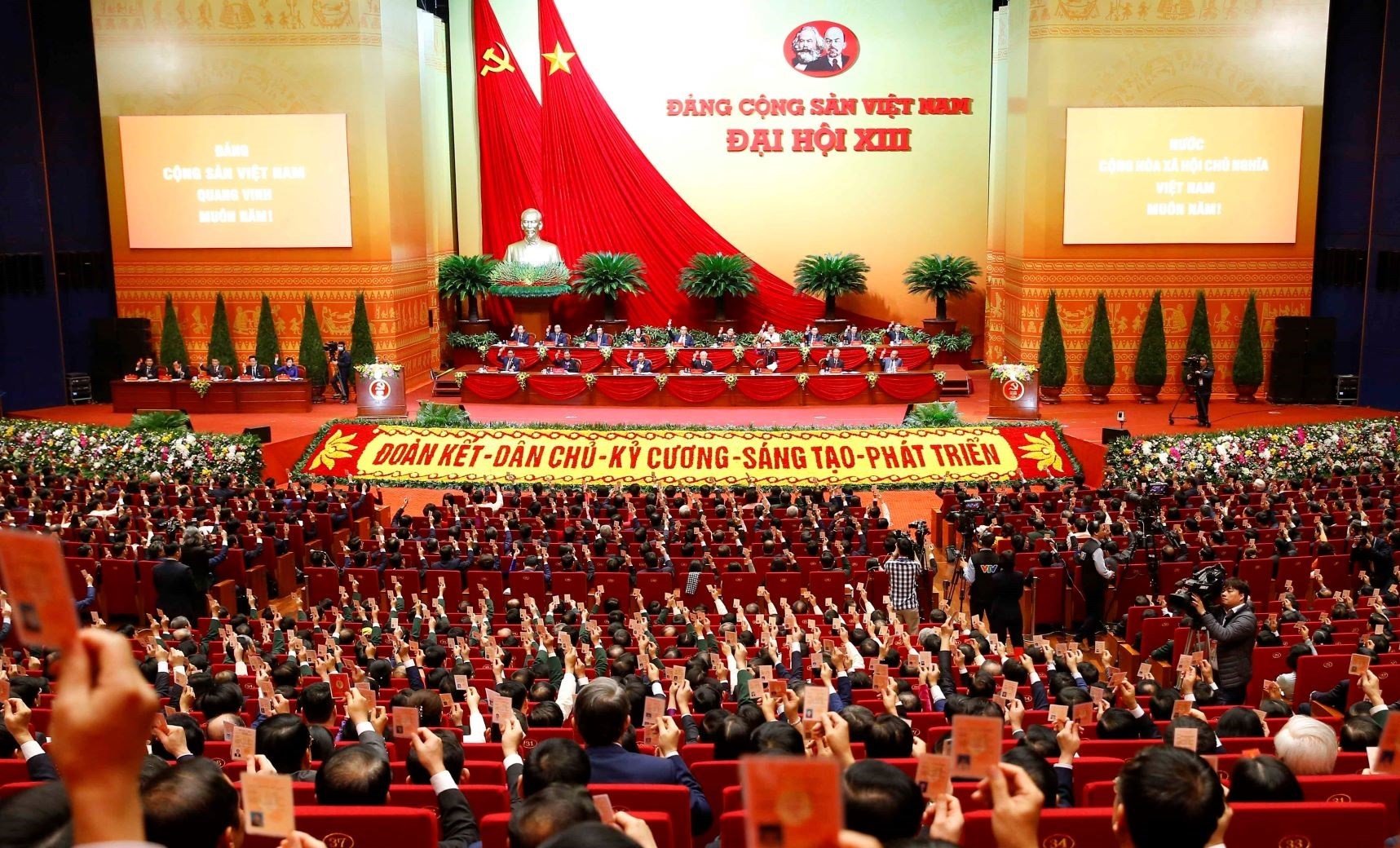
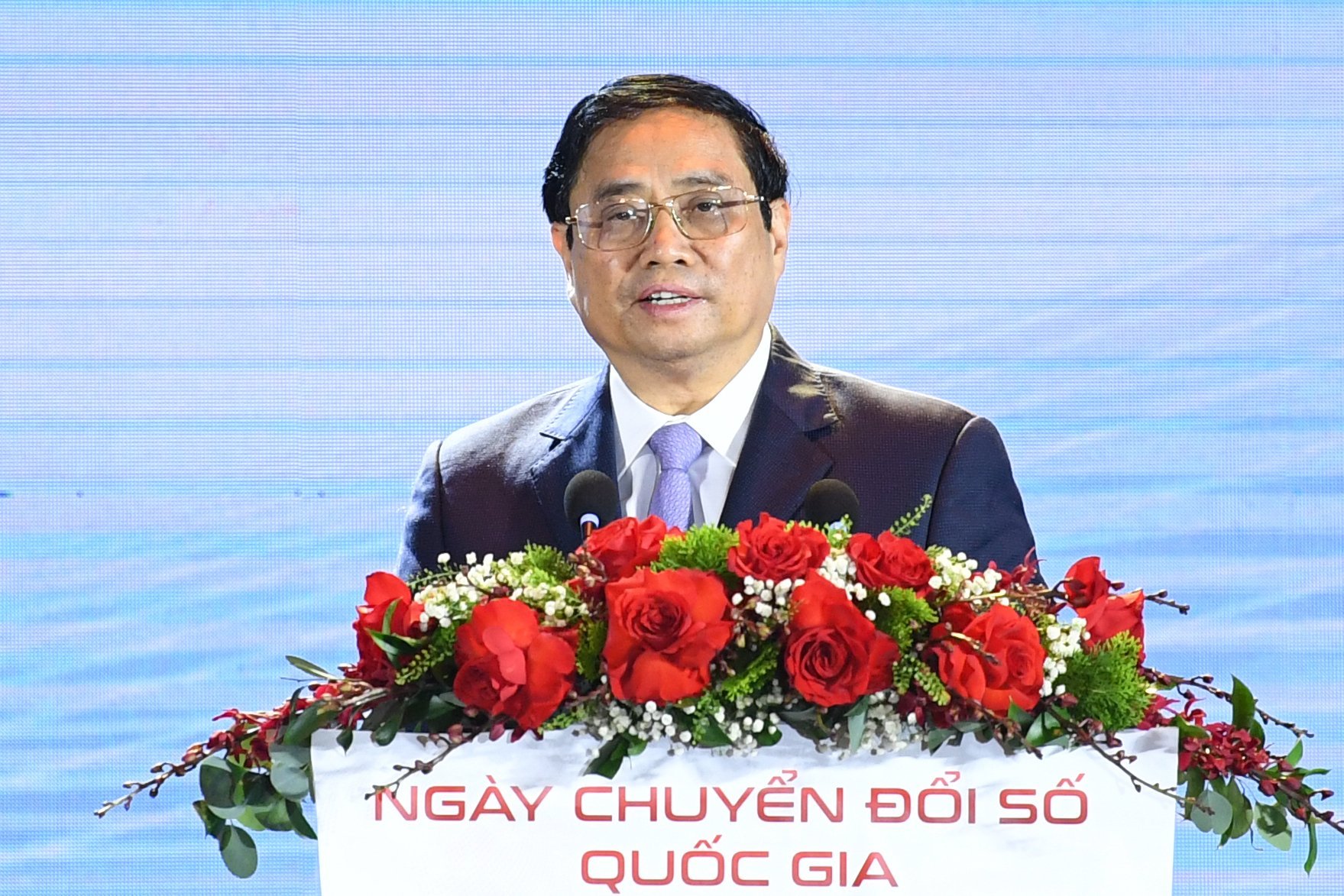
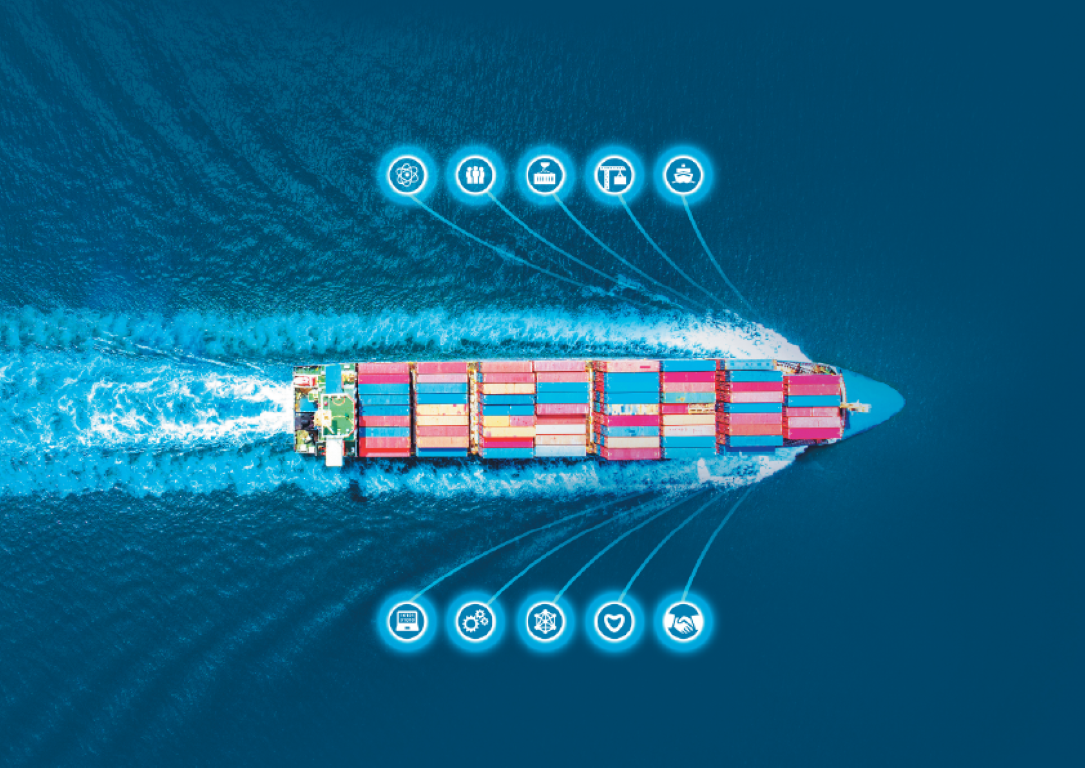
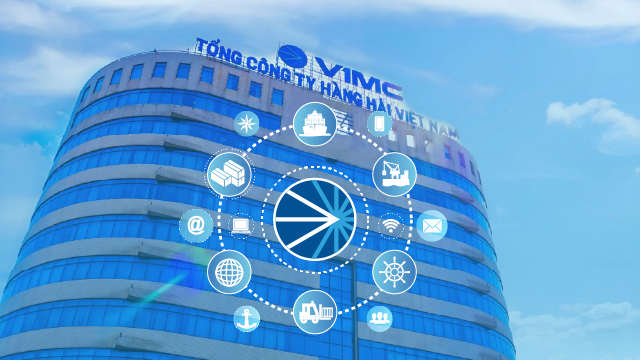
![[Photo] Many people eagerly await the preliminary review despite heavy rain](https://vphoto.vietnam.vn/thumb/1200x675/vietnam/resource/IMAGE/2025/8/27/4dc782c65c1244b196890448bafa9b69)
![[Photo] Prime Minister Pham Minh Chinh chairs meeting of National Steering Committee on International Integration](https://vphoto.vietnam.vn/thumb/1200x675/vietnam/resource/IMAGE/2025/8/26/9d34a506f9fb42ac90a48179fc89abb3)



![[Photo] Brilliant red of the exhibition 95 years of the Party Flag lighting the way before the opening](https://vphoto.vietnam.vn/thumb/1200x675/vietnam/resource/IMAGE/2025/8/27/e19d957d17f649648ca14ce6cc4d8dd4)


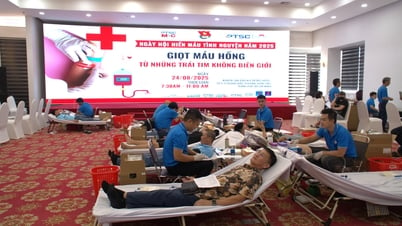
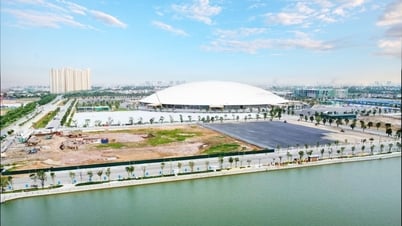
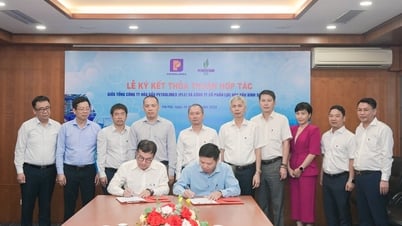






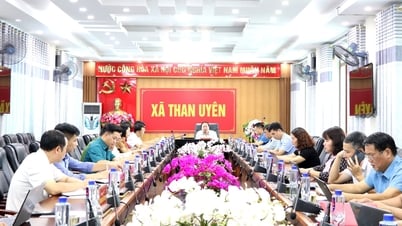


































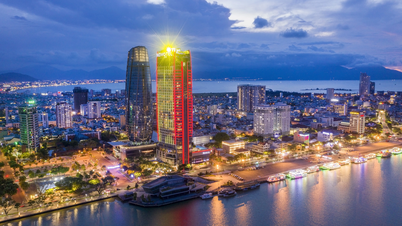

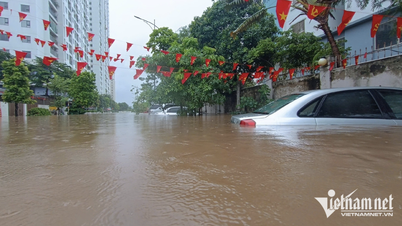
![[Photo] General Secretary To Lam attends Meeting with generations of National Assembly deputies](https://vphoto.vietnam.vn/thumb/402x226/vietnam/resource/IMAGE/2025/8/27/a79fc06e4aa744c9a4b7fa7dfef8a266)
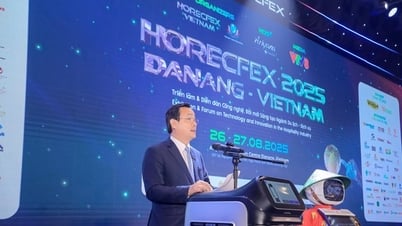

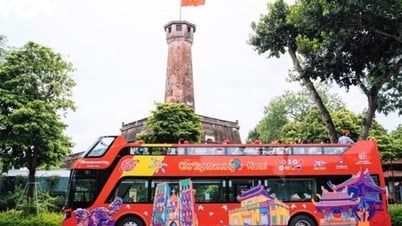

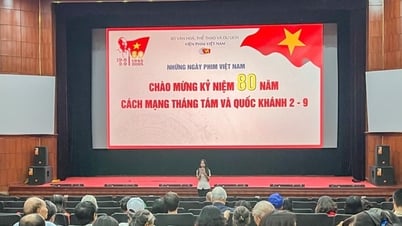


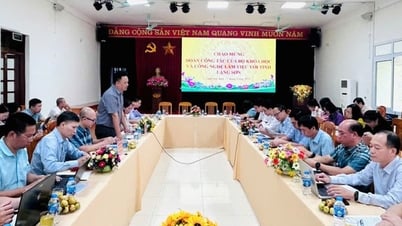

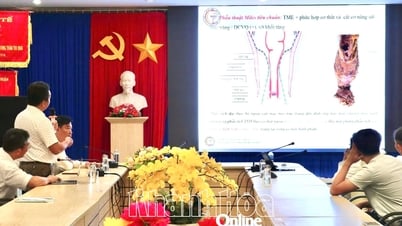

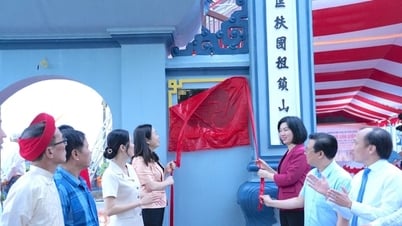

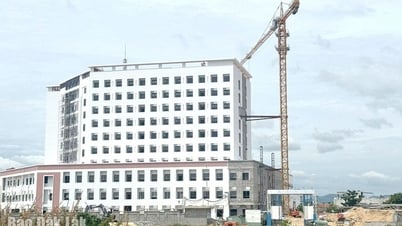


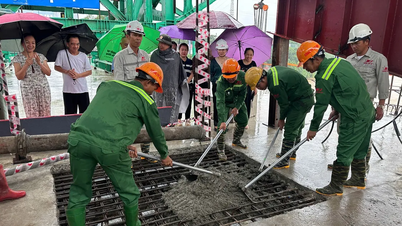















Comment (0)